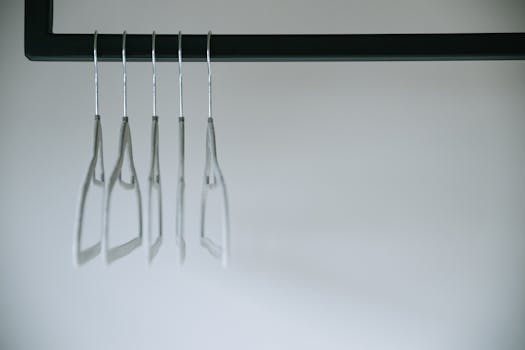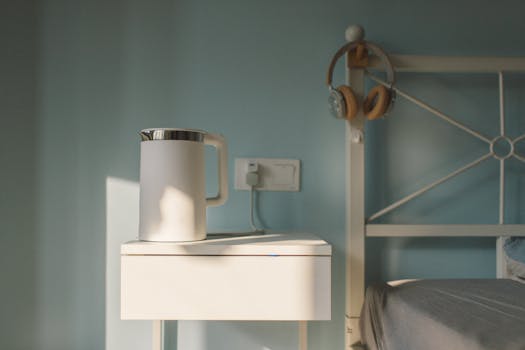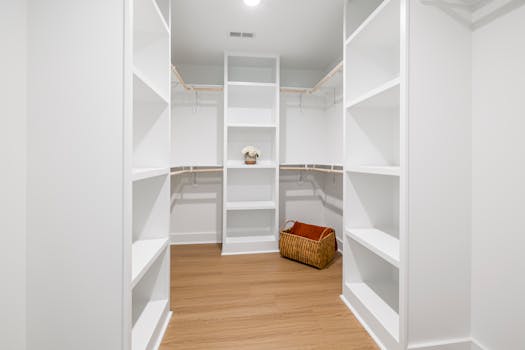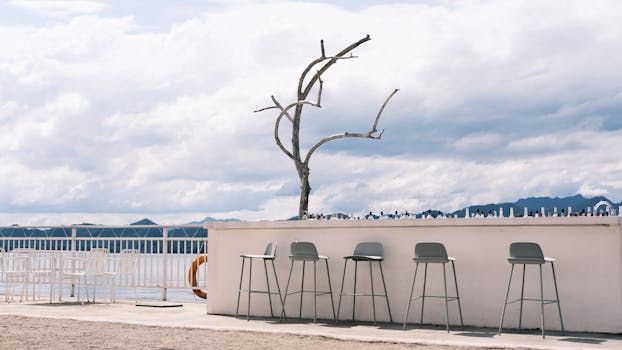What is Minimalist Living?

Minimalist living is more than just a design choice or a trendy aesthetic; it’s a lifestyle change that promotes simplicity and purposeful living. The core idea is to remove the distractions of excess possessions and commitments, allowing you to concentrate on what truly matters to you. At its heart, minimalism encourages you to rethink your relationship with material goods and discover fulfillment beyond consumerism.
The Psychological Benefits of Minimalism

Adopting a minimalist lifestyle can lead to significant psychological benefits. Research has shown that living with less can reduce anxiety and stress, making room for mental clarity and focus. By eliminating the physical clutter that fills our homes and lives, we also create space for more fulfilling experiences, deeper relationships, and personal growth. The freedom that comes from minimalism allows us to invest energy in activities that genuinely resonate with our values.
Getting Started with Minimalist Living

If the minimalist lifestyle appeals to you, getting started doesn’t have to be daunting. Begin by assessing your current possessions and identifying what you really need versus what you want. Here are some practical steps to guide you:
- Start Small: Tackle one room or area at a time. Begin with a drawer or shelf, and gradually extend your efforts.
- Decluttering: Sort items into categories: keep, donate, recycle, and discard. Be honest with yourself about each item’s value to your life.
- Mindful Purchasing: Implement a “one in, one out” rule to avoid re-accumulating items. Before purchasing, ask yourself if the item aligns with your minimalism values.
- Digital Minimalism: Consider applying minimalist principles to your digital life. Remove unnecessary apps and emails, and streamline your digital workspace.
Benefits of Living a Minimalist Lifestyle

The benefits of minimalist living extend far beyond just reducing clutter. Here are some key advantages many practitioners regularly experience:
- Financial Freedom: With fewer possessions to maintain and manage, you may discover that you’re spending less. Minimalism often promotes better saving habits.
- Enhanced Time Management: Fewer possessions and commitments mean you can dedicate more time to your passions and meaningful relationships.
- Clearer Focus: Minimalism encourages mindfulness and a focus on the present moment, improving mental well-being and increasing happiness.
Maintaining Your Minimalist Lifestyle

Once you’ve embraced minimalist living, it’s important to maintain those practices. This can involve periodic reassessment of your belongings and commitments. Regularly schedule time to revisit your space and tidy any unneeded items that have crept back in. You might also want to engage with like-minded communities, either locally or online, for support and inspiration, sharing your journey and gleaning new ideas.


